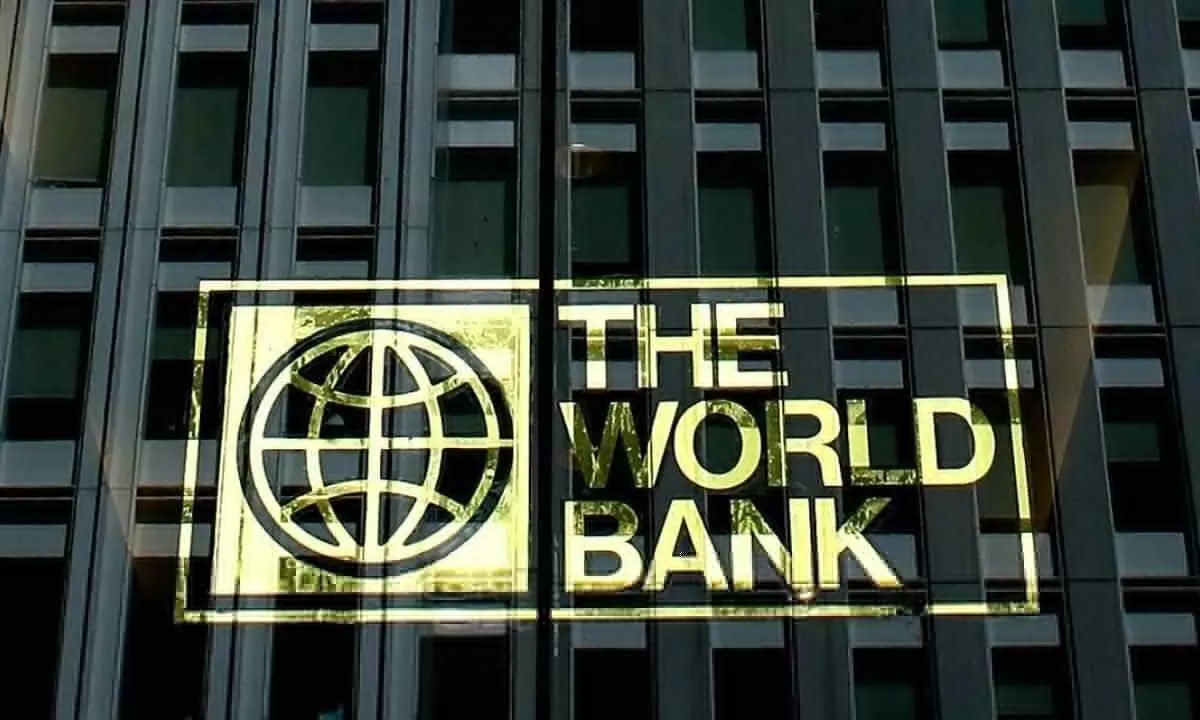Pakistan’s current economic model not working: World Bank
It must change policies that have plagued development and benefitted only a few, says Najy Benhassine, World Bank Country Director
image for illustrative purpose

Focus Areas for Development
- Policy failures, distortions in critical agri-food, energy sectors must be addressed
- Reforms required to unwind subsidies and price restrictions
- Address high costs of electricity generation through increased renewable generation
Islamabad: Pakistan's current economic model is not working, a top World Bank official has said, underlining that the cash-strapped nation must change policies that have plagued development and benefitted only a few. The remarks by World Bank Country Director Najy Benhassine came in a Policy Vision article, published in the latest UNDP publication. Pakistan's current economic model is not working since it has fallen behind its peers, significant progress in poverty reduction has now started to reverse, and the benefits of growth have accrued to a narrow elite, Benhassine said.
“There is a broad consensus that action is needed to change policies that have plagued development, benefitted only a few, and led to very volatile and low growth,” the Dawn newspaper quoted Benhassine as saying. Pakistan is heavily exposed to climate change, with the potentially devastating impacts of climate shocks and natural disasters already apparent, he said in Development Advocate Pakistan, the UNDP's quarterly development magazine providing a platform for Pakistan's authorities, civil society and intelligentsia to exchange ideas on key development solution pathways in the country.
Benhassine emphasised that policy failures and distortions in the critical agri-food and energy sector must be addressed. In agriculture, reforms are required to unwind the subsidies and price restrictions that lock smallholder farmers into a low-value farming system and encourage resource-intensive and environmentally damaging production practices. Reforms in the energy sector should consolidate progress towards financial sustainability, improve the efficiency of distribution companies, including through increased private participation, and address the very high costs of electricity generation through increased renewable generation, the World Bank official said. The need for such policy shifts has been well established, but experience shows that any reform efforts will face opposition.
“The question is whether those with power and influence will take the opportunity arising from the current crisis to do what is needed. It is time for Pakistan to come together in the interests of a brighter, more prosperous, and more sustainable future,” the World Bank country director stressed. He said fiscal management must be drastically improved, and debt servicing costs and domestic revenue mobilisation are at unsustainable levels, leaving inadequate resources to invest in human development and infrastructure, address economic challenges, and adapt to a changing climate. Reforms are required to consolidate and improve the quality of government spending, including cutting regressive and distortionary subsidies and reducing losses from inefficient state-owned enterprises, including in the energy sector.

